Session Aims & Scope
Electric, control, and energy engineering have hybrid characteristics of multi-physical coupling, dynamic multi-time scales characteristic correlation, strong nonlinearity, and uncertainty. Still, the traditional design, operation, and monitoring process cannot meet the real engineering requirements of real-time, predictability, and high reliability. With the rapid advancement and widespread adoption of digital technologies, Digital Twin (DT) technology is gaining increasing attention and extensive applications in electrical, control, and energy systems. As an advanced technology based on virtual simulation models, DT integrates physical systems with digital models to achieve real-time monitoring, prediction, and optimization of equipment, systems, or processes, bringing unprecedented intelligence and efficiency to engineering applications. To share the latest advances in DT technologies for electric, control and energy engineering, the Digital Twin International Conference in 2024 (DigiTwin 2024), is extending a Special Session for Digital Twin Driven Electric, Control and Energy Systems. The proposed Special Session particularly fits the following topics, but are not limited to:
• Digital twin modeling and simulation of electric, control and energy systems.
• Digital twin reliability-oriented real-time monitoring and failure prediction.
• Digital twin reliability-oriented safety and stability analysis.
• Digital twin design optimization of electric and energy engineering.
• Intelligent management of electric and energy systems.
• Digital twin simulation and optimization of the control system.
• Development of artificial intelligence driven digital twin technologies.
• Communication techniques between the digital twin model and physical system.
• Industry applications of digital twin technologies of electric and energy engineering.
Session Chair(s)
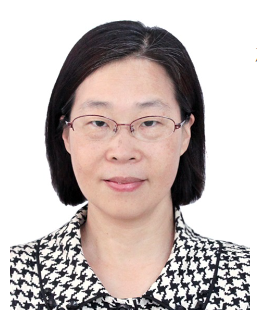
Chair
Li Wang
Nanjing University of Aeronautics and Astronautics
liwang@nuaa.edu.cn
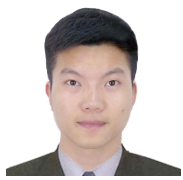
Co-Chair
Qunfang Wu
Nanjing University of Aeronautics and Astronautics
wuqunfang@nuaa.edu.cn
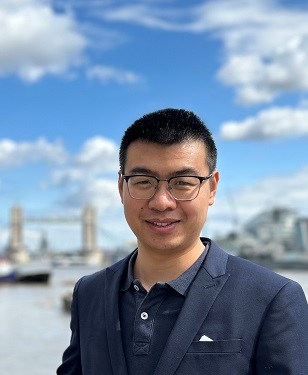
Co-Chair
Kangkang Zhang
Imperial College London
Kzhang5@ic.ac.uk
Session Presentation
1.
Stelios Vrachimis
Research Associate, KIOS Research and Innovation Center of Excellence, University of Cyprus
Title: Oceano’s-DT: A Digital Twin Platform for Water Distribution Networks
Abstract
To be updated…
2.
Qian Xun
Research Associate, Fraunhofer Institute for Silicon Technology ISIT
Title: Optimal Sizing and Energy Management of Energy Storage Systems for Microgrid Applications
Abstract
Energy storage systems, including batteries, supercapacitors, and hydrogen-based technologies, offer unique advantages tailored to specific applications and needs. Batteries and supercapacitors, known for their high efficiency, are well-suited for short-term energy storage and buffering. Conversely, hydrogen energy’s high density makes it ideal for long-term and large-scale energy storage, particularly in applications like fuel cells and electrolyzers. In contexts such as data centers, hydrogen fuel cells show promise in replacing diesel generators as reliable backup power sources. Strategic decisions around energy storage selection, sizing, and management can optimize operational costs and enhance self-sufficiency in residential communities.
3.
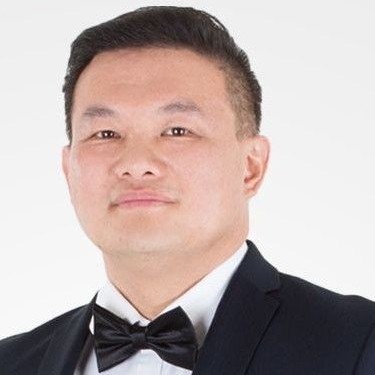
Hui-Hwang Goh
Professor, PhD, IET Fellow,Guangxi University
hhgoh@gxu.edu.cn
Title: Digital Twins: Unveiling the Challenges and Forecasting the Future Trends
Abstract
Digital twin technology has become an essential tool in various sectors by providing virtual replicas of real objects. This technology has been employed to improve decision-making, simulation, and predictive maintenance. Although the technology is gaining popularity, it will still encounter certain obstacles that may hinder its ability to achieve its maximum capabilities. The objective of this talk is to examine the intricate difficulties associated with the technology of digital twins. These challenges encompass issues related to data integration and security. Furthermore, the upcoming trends will be examined that are already influencing the development of digital twins. These trends encompass advancements in artificial intelligence (AI), the Internet of Things (IoT), and real-time analytics. Through the examination of these factors, our objective is to offer a thorough comprehension of the present state of digital twin technology and to forecast its future path.
4.
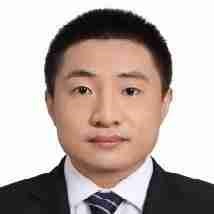
Minglei You
Assistant Professor, PhD, PGCAP, FHEA, Royal Society Short Industry Fellow,University of Nottingham
Minglei.You@nottingham.ac.uk
Title: Smart Multi-vector Integrated Energy System via Digital Twin
Abstract
Energy systems are critical part in achieve the global goal of carbon reduction -this talk will present a vision of the future digital twinning integrated energy system together with its key enabling technologies including Digital Twin, Internet of Things, Artificial Intelligence and the Fifth Generation (5G) cellular networks, as well as the synergy between them. Practical testbeds will be also introduced as examples to illustrate such system structure and the potential benefits.